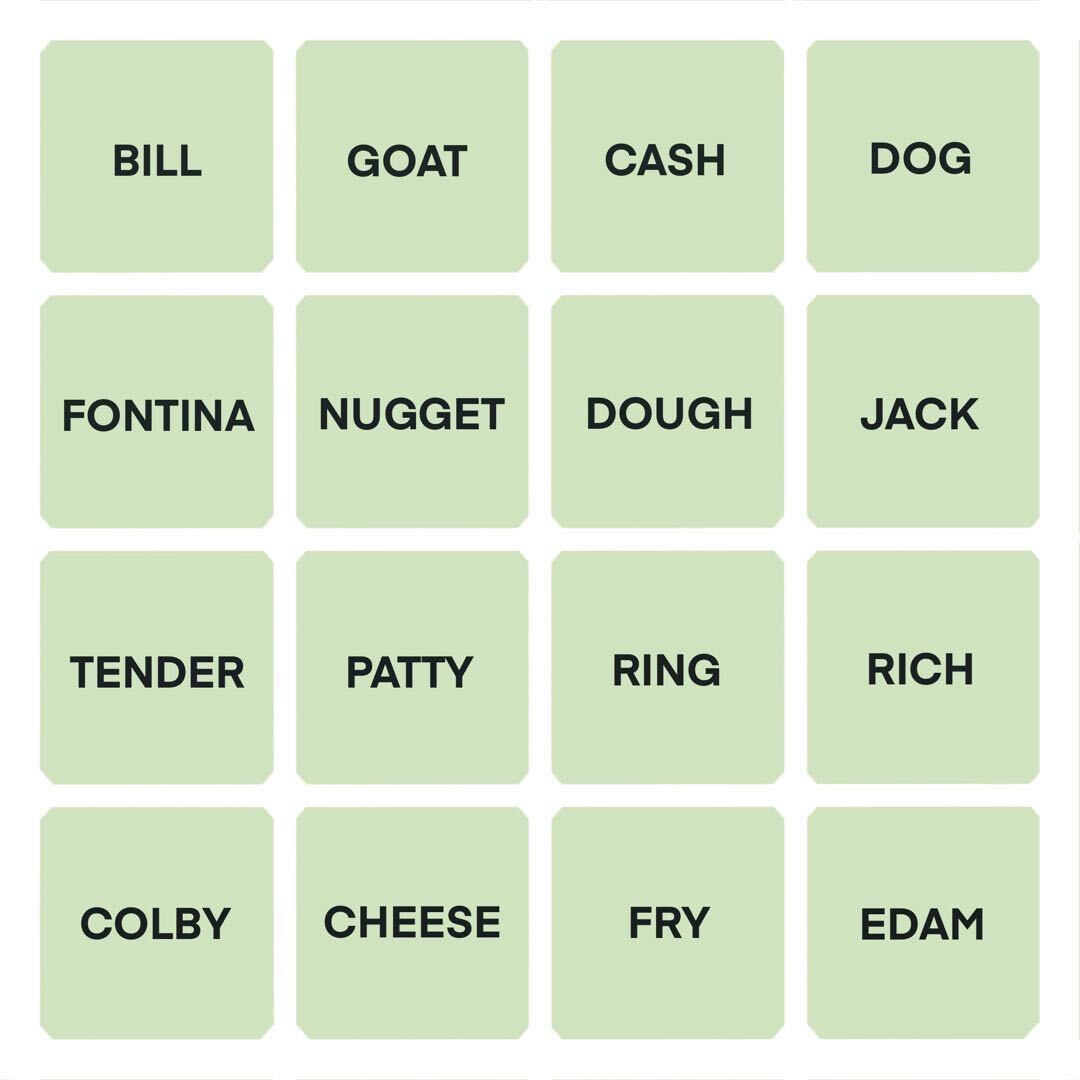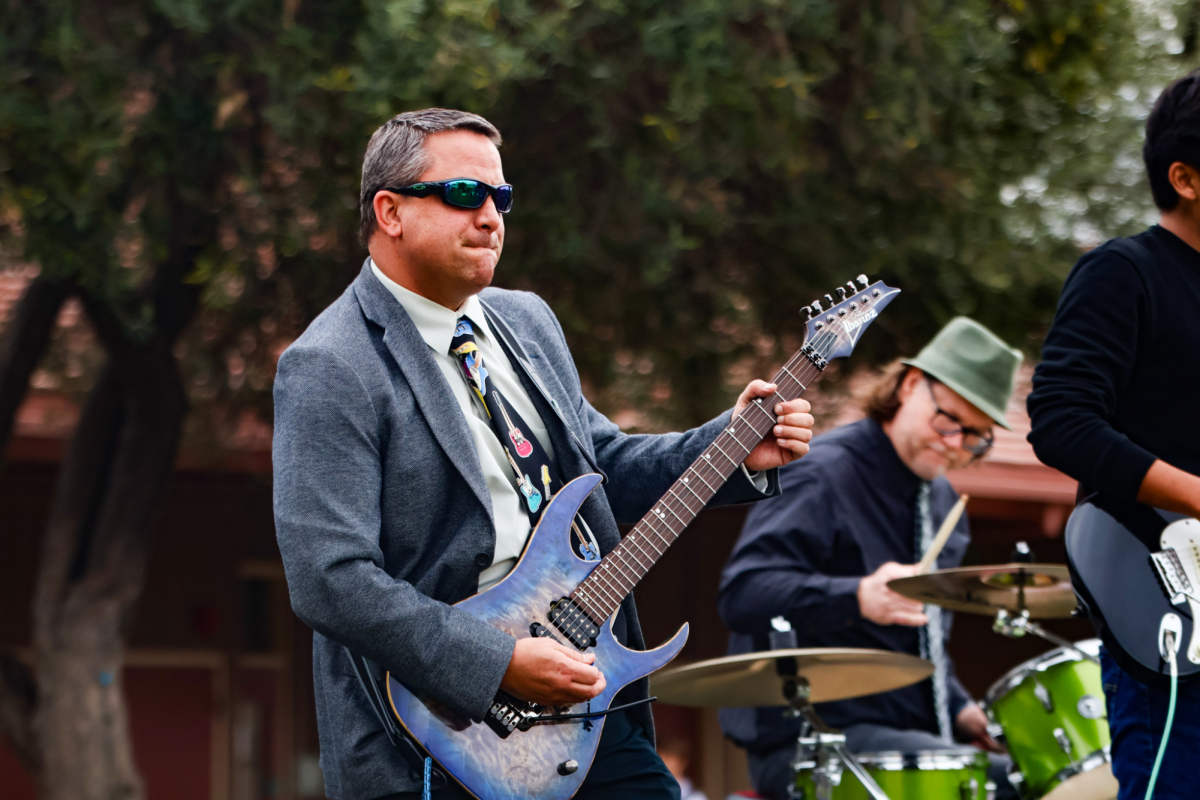Teenagers are busy. Whether it be partaking in science competitions, playing musical instruments, acting in theater and interning, life at school may feel pressuring. Amid this stress, The Campanile has come up with some study tips and roadblocks to avoid for Paly students and teachers, with the hopes of teaching students how to not only get good grades but also enjoy studying.
Be wary of class difficulty
With so many difficult classes at Paly, knowing which classes are the most time-consuming can be a valuable skill.
“[I spend most of my study time on] Analysis Honors as well as AP Chemistry,” said junior Ashu Bhown. “My other weighted classes not so much, and my unweighted classes aren’t too difficult as well.”
Bhown pointed out that just because a class is labeled as an AP or honors course does not mean that countless hours will be spent studying and preparing for it. Asking upperclassmen about the classes they struggled with can help students in finding out which classes are hard and which are more relaxing.
Studying is not a placebo
Studying can seem difficult and pointless to many students, but most students have experienced major academic improvements through studying. Ultimately, a contributing factor to successful studying is the study habits a student establishes.
“I believe that starting the day the homework/project is assigned, watching [academic] videos online and asking peers for help are the best ways to study,” said senior Dylan Hu.
Christopher Kuszmaul, a computer science teacher at Paly and head coach of Paly’s robotics team, says that one of the most effective form of studying is taking notes whenever possible.
“A shocking number of students are not equipped to take notes. If you are not equipped to take notes then you are immediately handicapped in your ability to learn.”
Christopher Kuszmaul
Kuszmaul recommends taking notes during lectures, while reading a textbook and while doing homework.
“Notes will become a resource for you to study as a source of information,” Kuszmaul said.
Motivation gives results
The secret to Bhown’s academic success cannot be entirely attributed to good study habits; his motivation also plays a big role in moving him through classes.
“I felt like I was strong in the subjects and I was recommended for it,” Bhown said. “I really like physics, and I had to accept the course load when going in, so I just stuck with it and I did it.”
History teacher Grant Blackburn also sees these patterns when observing the students in his Economics, Contemporary World and AP Macroeconomics classes.
“It is better to do all your work and struggle through your mistakes than to do nothing,” Blackburn said.
Blackburn feels that with the right motivation, any student can achieve success. Harnessing this motivation often leads to more success, according to Blackburn.
“I would say to try [in class],” Blackburn said. “Feeling successful is a great way to drive yourself.”
Avoid overscheduling yourself
Knowing yourself and your limits is an important detail to doing well in school, according to Bhown.
“My students seem to be under a lot of pressure that is created by many different directions,” Kuszmaul said. “We want our students to have balance. When students are given less work in your class then they expand the amount of time they put into other classes and the students are less invested in a class.”
According to Kuszmaul, teachers should also play a big role in ensuring that students have time for all their activities. Kuszmaul observes that many teachers give students as much work as possible to ensure that they learn their material. By giving students as much work as possible, no matter what, the student will learn the material the teacher is teaching, and the teacher will have confidence they are teaching the students the material correctly. Kuszmaul sees this teaching method as a fair reaction to decreased student interest in a class, but he abides by an alternative he deems is better for both students and teachers.
“I try to make it so the demands of the class are not extreme but while you are in my class you must be working on my class,” Kuszmaul said.
Build relationships with teachers
Teachers can look intimidating, but most want to help students succeed.
“I like to look at my statistics as a whole group, but individually I get to know each students and I care about each student,” said Paly math teacher Natalie Docktor. “The more of a relationship that I have with a student brings out more caring [qualities from me].”
Some students also think that their teacher might not want to talk to them because they have a low grade, but with many teachers, it’s the exact opposite.
“If you are a student who is trying their hardest and not seeing a lot of success, I would talk to the teacher about this and see if you can find ways to create moments of success,” Blackburn said.
However, as Docktor emphasizes, teachers are not there to save every struggling student, but the struggling students who want to learn.
Docktor said, “If it gets to a point where [a student] gets [an] F after F … I give up, too.”













